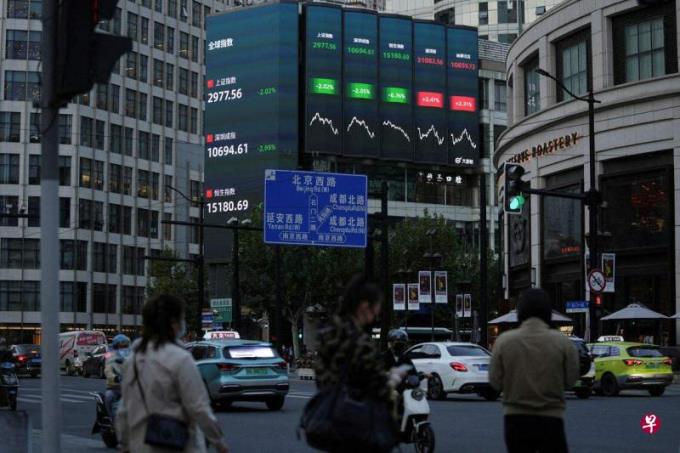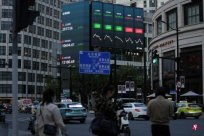
(Beijing Bloomberg) People familiar with the matter revealed that Chinese officials are considering the reduction of the stamp tax rate of stock transactions.This will be the first time since 2008, and it is also a major measure to officially boost investors' confidence in the world's second largest stock market.
People familiar with the matter said that according to the instructions of the State Council of China, regulators, including the Ministry of Finance, are discussing drafting plans.They also said that the details of the timing and amplitude have not yet been determined, and they cannot guarantee that senior leaders will approve the plan.The Ministry of Finance and the Securities Regulatory Commission did not respond to Bloomberg's comment request.
At present, China's stock transaction stamp tax rate is 0.1%.The Chinese stock market is highly sensitive to changes in policies that affect market liquidity, further reduce the tax rate, or trigger an instinctual rising response in the market of 9.9 trillion US dollars (S $ 13.43 trillion), and will benefit Chinese securities firms and adopt adoptionQuantitative hedge fund of fast trading strategy.
Moreover, the rise in the stock market will help the Chinese government boost consumers and corporate confidence, which is vital to the sustainable recovery of the world's second largest economy.
Due to the weak stock market this year, the financial situation of Chinese families has been dragged down by the downturn in the employment market and the decline in housing prices. The official faces greater pressure on consumption and capital expenditure.Beijing rarely stated last month that "active capital markets and boosting investor confidence" have caused the market to guess the decline in stamp duty.
However, it is still unknown whether it is enough to promote the printed tax of the Chinese stock market for a long time.The economic data released by China on Tuesday (August 15) shows that the unemployment rate has risen, consumption expenditure, industrial added value and investment growth have slowed down.
Following the two consecutive years of decline, the Shanghai and Shenzhen 300 Index is currently basically the same compared with the end of last year, and the MSCI Asia Pacific Index is about 5 percentage points.



